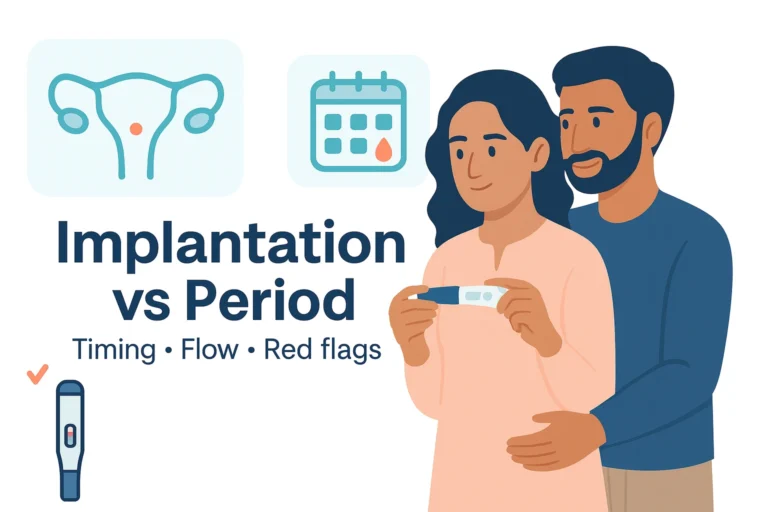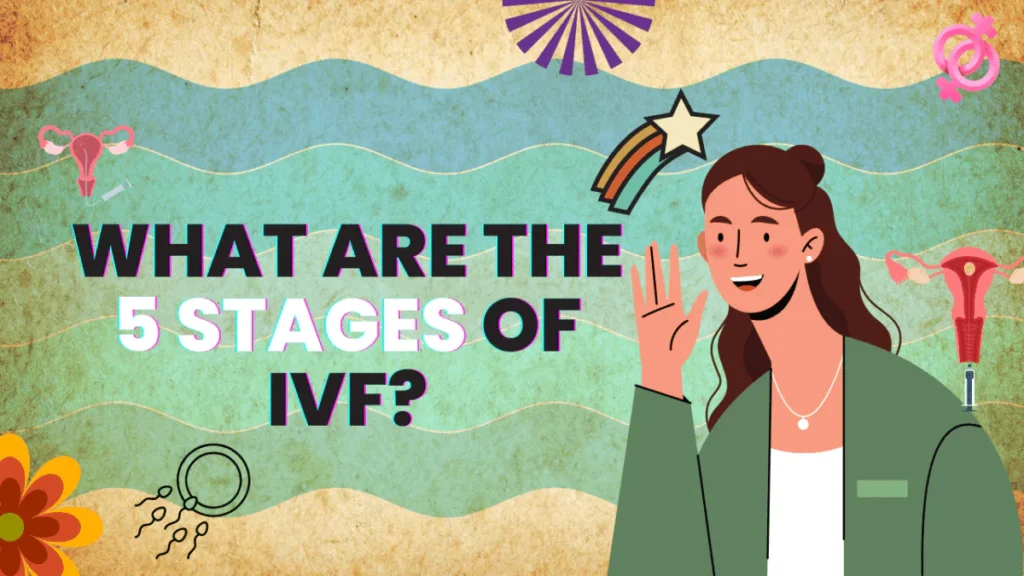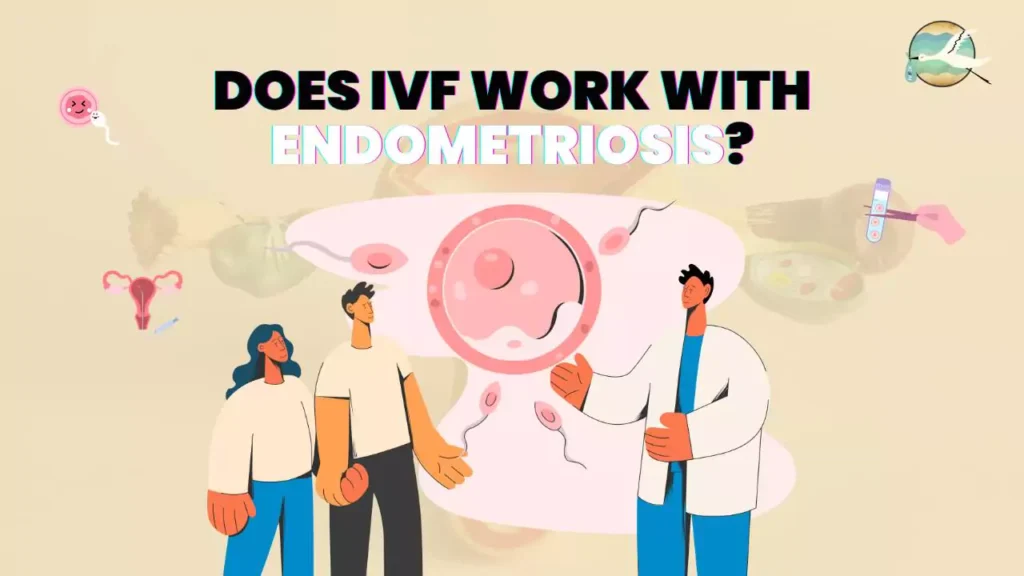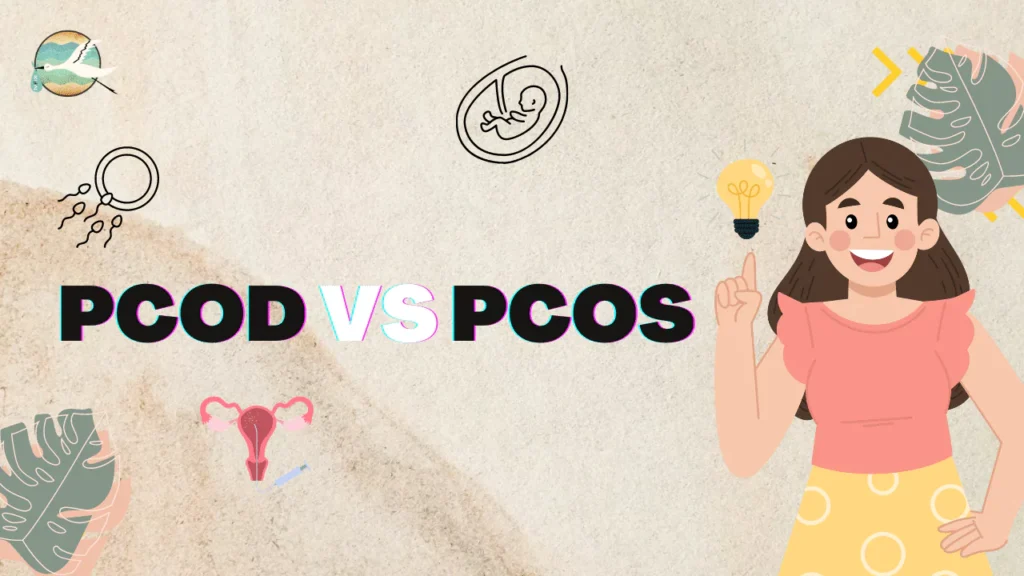Discover the pain levels associated with fertility treatments. Is IUI or IVF more painful? Explore the discomfort and recovery aspects of both procedures in this informative guide.
Intrauterine insemination (IUI) and in vitro fertilization (IVF) stand out as two often utilized techniques to address fertility issues in the field of assisted reproductive technologies (ART). Both IUI and IVF have been shown to be successful in assisting couples and singles to conceive, but there are important differences in their procedures, results, and experiences.
The amount of discomfort involved in each surgery is one thing people frequently think about when choosing between various alternatives. But it’s crucial to remember that everyone experiences pain differently, depending on their own circumstances, psychological makeup, and level of pain tolerance. We will examine pain perceptions related to IUI and IVF procedures in this in-depth examination, taking into account a variety of factors to offer a complex viewpoint.
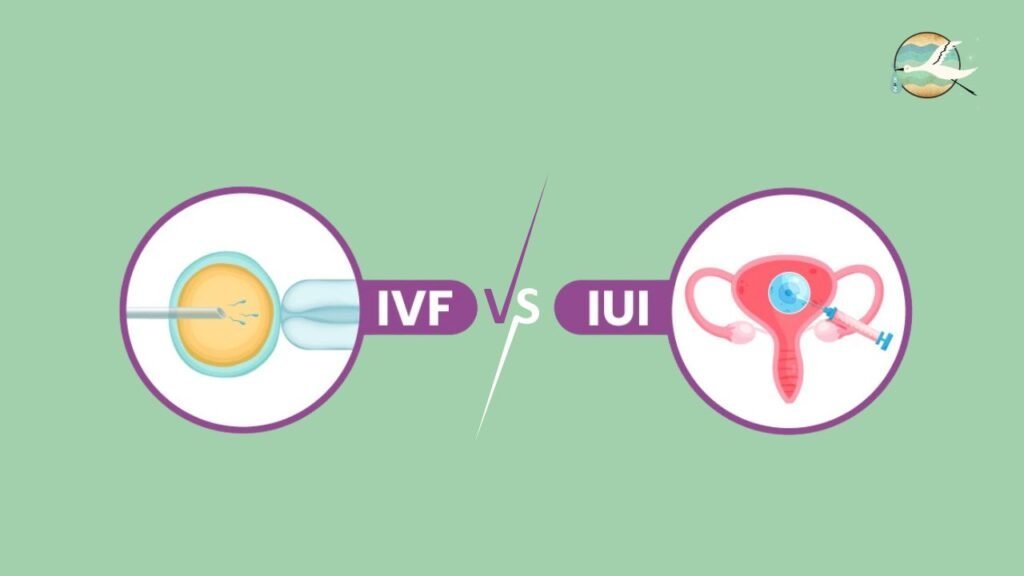
IUI or IVF Procedures
It is essential to comprehend the IUI and IVF treatment processes before diving into the comparison of pain sensations.
Intrauterine Insemination (IUI)
IUI is a relatively non-invasive reproductive procedure in which prepared sperm is delivered through a catheter straight into a woman’s uterus. This treatment is typically advised when there is a need to increase the likelihood that sperm will successfully reach the egg by avoiding possible barriers in the cervix.
In Vitro Fertilization (IVF)
IVF is a more intricate and complicated process in which sperm and eggs are mixed in a laboratory after being surgically removed from a woman’s ovaries. Before being placed back into the uterus, the resultant embryos are cultivated for a few days.
Factors Influencing Pain Perception
Individuals’ perceptions of discomfort are influenced by a number of factors, and these characteristics might differ dramatically between IUI and IVF procedures:
- Procedure Complexity: In comparison to the relatively straightforward IUI procedure, IVF entails extra processes, such as ovarian stimulation, egg harvesting, and embryo transfer, which might lead to a feeling of heightened pain.
- Individual Pain Tolerance: Individuals can tolerate pain in very different ways. Even slight discomfort during medical procedures can be excruciating for some people, while more strong feelings may be easily tolerated by others.
- Psychological Factors: People’s perceptions of pain can be influenced by emotions, stress, and anxiety. The psychological toll that fertility treatments take may have an impact on how painful the procedures are both during and after.
- Physical Sensitivity: Pain perception may be affected by reproductive organ sensitivity. Some people could have cervical or uterine tissues that are more delicate, making some operations more unpleasant.
- Previous Medical Experiences: An individual’s expectations and perception of discomfort during IUI and IVF may be influenced by prior experiences with medical procedures, surgeries, or gynecological tests.
IUI or IVF
Pain During the Procedure
| IUI | IVF |
|---|---|
| The discomfort felt during IUI is often not severe. During catheter insertion, some people may experience minor pain or cramping, which is sometimes compared to a light menstrual cramp. | The level of discomfort felt during IVF might change with time. Hormone injections used to stimulate the ovaries might result in slight bloating and pain. Egg retrieval is carried out under anaesthesia to ensure little discomfort. Most people find embryo transfer to be rather painless. |
Post-Procedure Pain
| IUI | IVF |
|---|---|
| Discomfort following an IUI is often minor and transient. Some people could suffer brief menstrual-like cramps or spotting, which usually goes away in a day or two. | Some people may have bloating or pain after egg retrieval, however this normally goes away within a few days. The embryo transfer itself usually doesn’t cause a lot of discomfort. |
Long-Term Considerations
| IUI | IVF |
|---|---|
| The low physical discomfort caused by IUI is typically also caused by its modest invasiveness. | Despite the longer and more complicated retrieval process, any long-term discomfort is often ascribed to the surgical component of egg retrieval rather than the IVF procedure in general. |
Emotional and Psychological Impact:
Strong emotions including tension, worry, hope, and anticipation can be triggered by both IUI and IVF. It is crucial to take into account the psychological component of the pain experience since emotional stress can intensify the impression of pain.
Success Rates and Pain Perception:
The likelihood of both treatments being successful might affect how people feel the accompanying discomfort. People frequently concentrate on conception as the ultimate objective, which may lessen the experience of discomfort.
How to Manage Pain
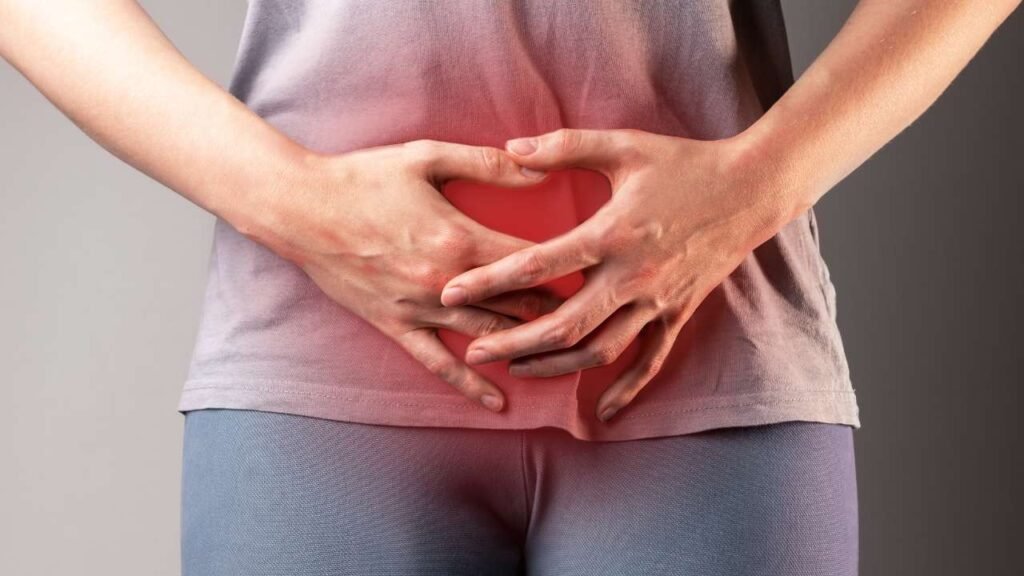
Patients undergoing IUI and IVF have alternatives for controlling discomfort before, during, and after the operations. Among these choices are:
- Pain Medication: Ibuprofen and other over-the-counter painkillers can assist with cramping and discomfort.
- Rest and Relaxation: Resting and taking it easy after the surgeries might ease discomfort.
- Heat Therapy: Cramps might be eased by placing a warm pad on the lower abdomen.
- Hydration: Dehydration, which can make pain worse, can be avoided by maintaining adequate water.
FAQs
Q: Is IUI or IVF more expensive?
Q: Can IUI or IVF guarantee pregnancy?
Q: Are there any risks associated with IUI and IVF?
Q: How long does recovery take after IUI and IVF?
Q: Are there any lifestyle changes that can improve the success of IUI or IVF?
Q: Can I choose between IUI and IVF, or is it determined by my doctor?
Conclusion
Understanding the discomfort brought on by fertility procedures like IUI and IVF is crucial in the search for children. Both treatments might be uncomfortable, but IVF tends to be more intrusive and might be more unpleasant because of its many phases. You may traverse these procedures with assurance and the expectation of a positive outcome for your reproductive journey, though, with the right pain management techniques and the direction of a knowledgeable healthcare expert.



